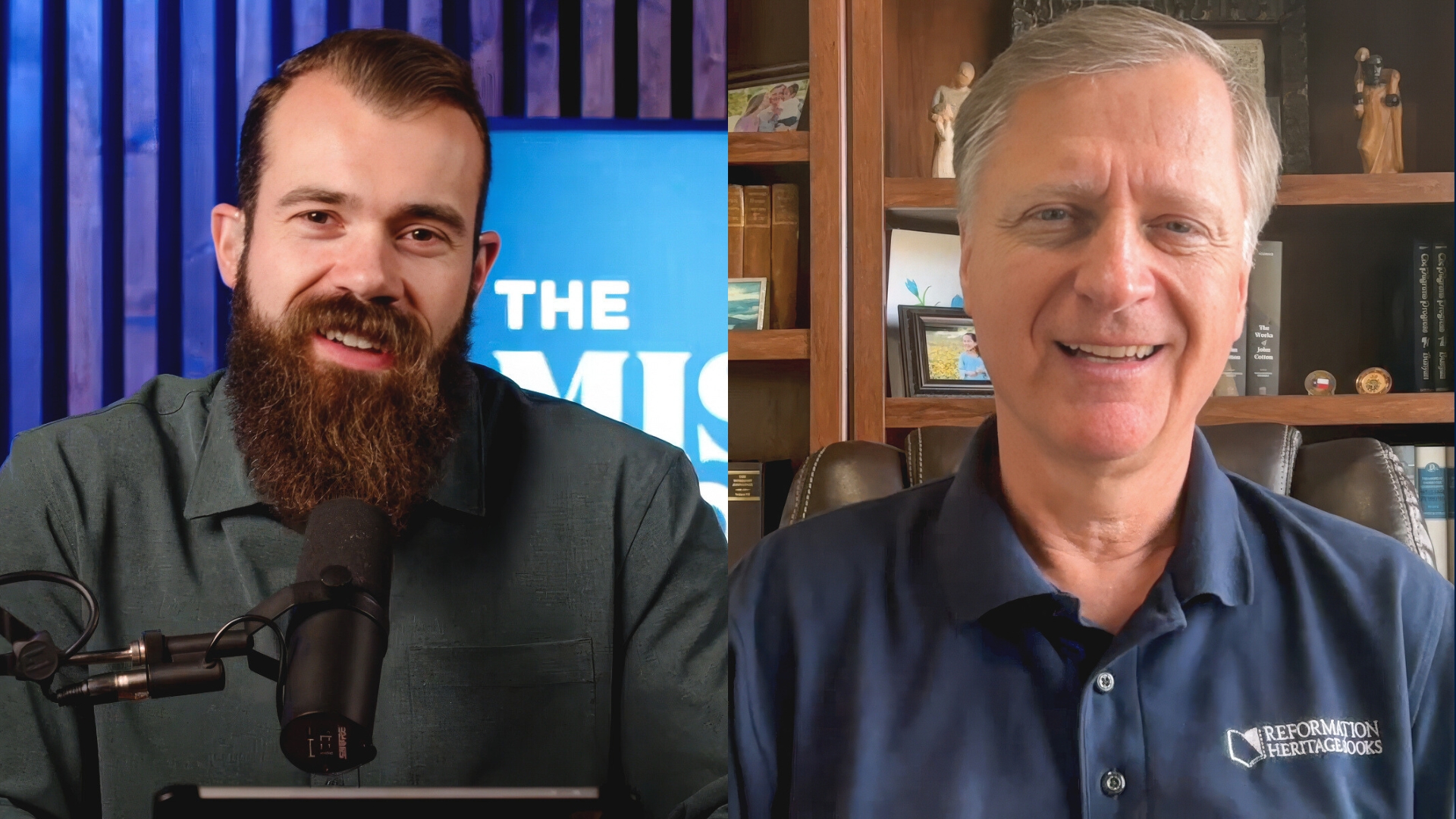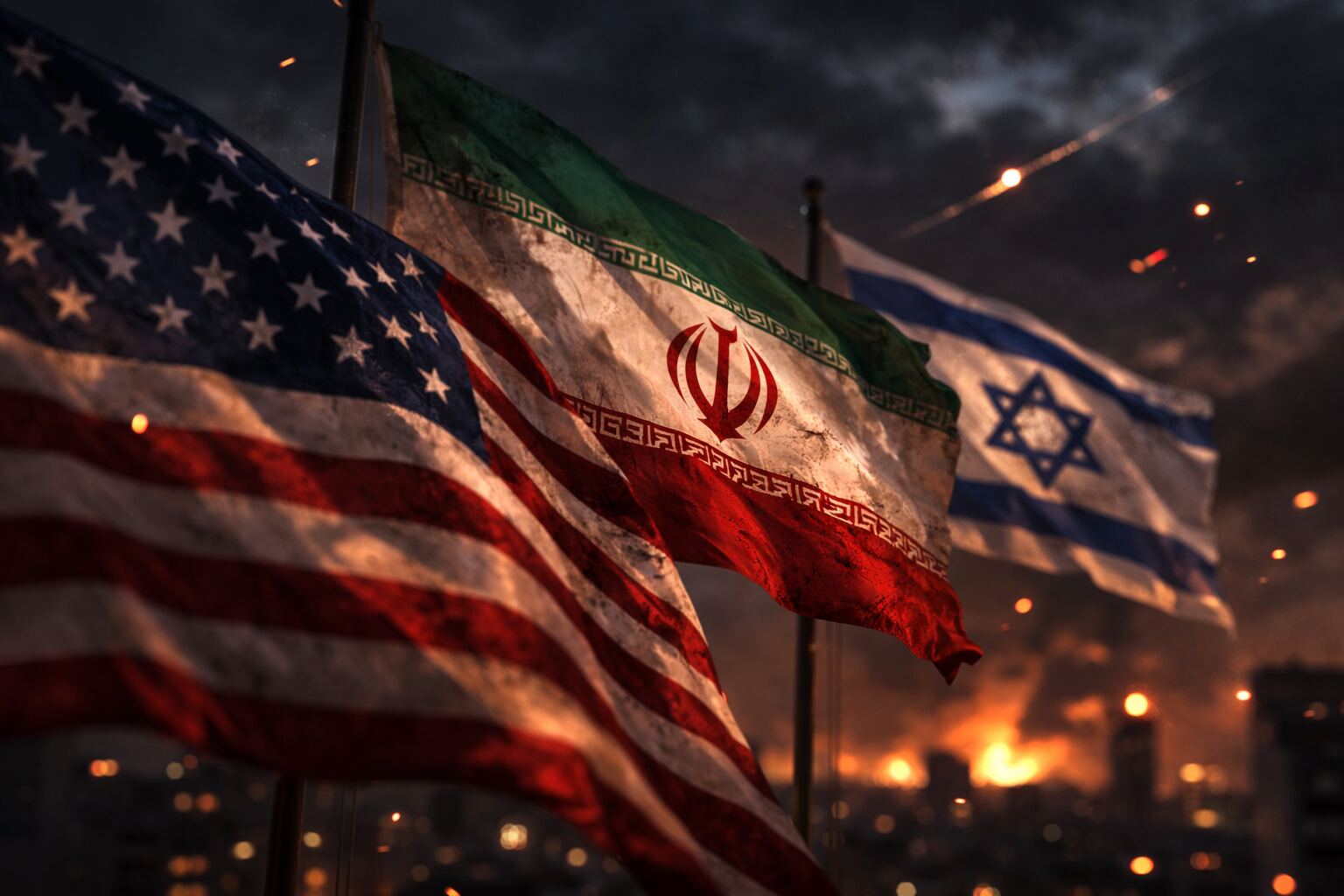Further, sheer math argues that one average size local church can’t possibly evangelize the world by itself. According to the Joshua Project, a little over 7000 people groups remain unreached in the world. Unless you have 150 Apostle Pauls sitting in your pews, that probably sounds overwhelming. However, to say nothing of the countless faithful missiological efforts of those outside my denomination, 47,000 churches belong to my denomination, the Southern Baptist Convention, alone. That means that over 6,700 local churches could adopt each and every unreached people group (UPG).
It’s not an exaggeration to say that the decision to adopt an unreached people group in Central Asia close to ten years ago changed the life of the congregation I help serve. Since I wasn’t in the room for that decision, I won’t pat my shoulder congratulating myself. This is a reflection on the goodness of God. While missiological multi–tasking can be overwhelming, focused efforts serve both God’s mission and the good of His people. Here are five reasons you should consider adopting an unreached people group.
1. Adopt a UPG for the good of pastors
While I’d rather get hit up for financial support by a church planter than yet another mediocre kickstarter, it can momentarily paralyze a pastor. If he cares about the way a congregation uses their time, effort, and resources, the pastor must do his due diligence in researching any effort before proposing it to the congregation.
Sometimes in that research, the pastor finds a methodology or a character issue in the church planter or his team that leads him not to partner. Unfortunately, those conclusions take more than hours to come to, often wasting precious time.
However, since our church adopted a particular unreached people group, we’ve had a decent rationale for not supporting every person that finds our church website and clicks “Contact Us.” If they want to know why we can’t support them, we have names and faces and places to ease the guilt. To give to a new effort would often mean we could give less of ourselves to those we’ve committed to and already invested in.
This doesn’t mean South Woods doesn’t care about the rest of the world. In fact, every Sunday, our pastor leads us in praying for a different UPG in the world. Almost the only notification I allow to ding on my phone is the one from Operation World. Nonetheless, adopting a UPG freed our leadership from impossible burdens, namely, attempting to reach the world by ourselves.
2. Adopt a UPG for the good of missionaries
While short–term mission work has its place, it’s probably not best among unreached people groups. Planting a church among Muslims in a pioneer setting, for example, often takes an abundance of time and patience.
For the local church in the states, focusing on one people group keeps them concerned when the glitz wears off. Unfortunately, the life of a missionary is not as glamorous as the videos make it seem. Believe it or not, cross–cultural gospel workers don’t memorize books of the bible in a single bound. They struggle. They suffer from loneliness. They experience discouragement. They even wonder why they quit their job and moved their family thousands of miles away just to get made fun of.
If a local church doesn’t focus on at least one people group, or a set of missionaries engaging that people group, that local church might miss out on the varied seasons of a missionaries’ life. Steady and regular focus on a particular mission effort allows the local church to observe both the ups and the downs of the work. The church celebrates when new believers gather for the first time and then sticks around to grieve when a couple of them betray the worker.
When those difficult seasons inevitably come around, missionaries need focused encouragement. If you’re multi–tasking, it’s possible you miss that season. Worse, the missionary misses the strengthening of a local church’s concern.
3. Adopt a UPG for the good of the congregation
Pastors need to come to terms with the fact that their church members think about the church less than they do. Actually, I hope that’s the case. If you have a church member that thinks about the body of believers more than you do as their pastor, you might need to find a new job.
Nonetheless, that reality means leaders need to be careful how much information they throw at their church members. While a pastor might be able to keep tabs on various church planting teams, missionaries’ names, and people groups, church members have jobs that force them to consider other matters.
Since we all suffer from limited RAM, focusing on one people group in particular keeps the congregation’s mind in mind. The more you talk about your adopted people group and the missionaries serving them, the more the congregation as a whole will remember and pray for the work.
It might take years of saying the same sentences over and over, but the aim is that the families in your church might pray for that people group in their family devotions, the businessmen might want to help the businesses those missionaries lead go smoothly, your dentists might want to board a plane to clean their teeth, and your college students might be willing to watch energetic missionary kids on Spring Break. If you want your church to care, or even remember, you’d be wise not to throw 100 different people groups at them.
4. Adopt a UPG for the good of your city
Focusing on one particular people group overseas led our church to be more aware of that people group’s presence in our country. Further, as we walked alongside missionaries to Muslims in Central Asia, the Lord better prepared us to serve those who live in our city.
We don’t view missions among Muslims overseas as our responsibility without also affirming the need to teach the gospel to those nearby. It’s always both/and. As C. T. Studd said, “The light that shines farthest shines brightest nearest home.” In fact, tonight some of our ladies are hosting a baby shower for a Muslim refugee in our city. I’m convinced our focus on a people group made up of Muslims abroad served to stoke the fires of our mission efforts locally.
5. Adopt a UPG for the good of the world
Further, focusing on a people group and the missionaries serving that people group clarified our role in God’s mission. American Christians don’t board a plane, descend upon a foreign city, hop on our white horse, and ride in to save the day. We’re there to serve those workers committed to the patient task of planting a church in a city with less than a handful of believers.
As our congregation went overseas regularly to support and encourage the missionaries we’d focused on, God facilitated relationships between our people in Memphis and families 6000 miles away. As we returned later, or those missionaries visited us during their time stateside, these relationships grew.
Eventually, exposure to the work of missions and the incredible gospel workers involved in it helped to raise up long–term workers from our congregation. We ended up sending out some of our own people, our best in fact, to serve the people group we’d adopted years earlier. Like I said in the beginning, adopting a UPG changed the life of our congregation.
Conclusion
Adopting an unreached people group helped our local church to serve missionaries overseas. But it served even more than that. It proved to be good for our pastors, our city, our congregation, and the world.
God doesn’t need a particularly gifted individual or our preferred mission agency to advance His mission. He’s ordained a mission agency the gates of hell cannot thwart.
Editor’s Note: First published on February 2, 2018. A version of this article was originally posted on Founders Ministries. Used by permission.





